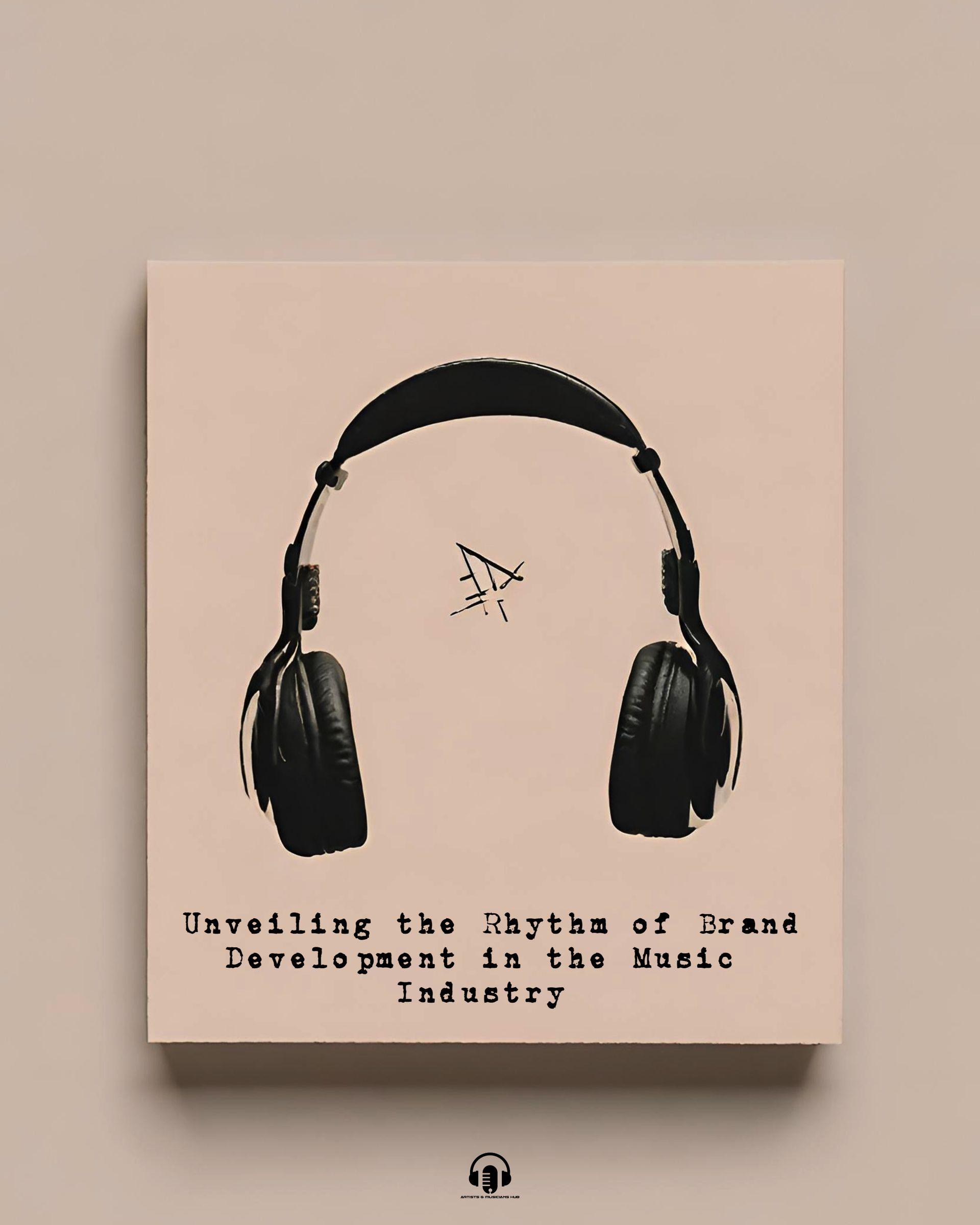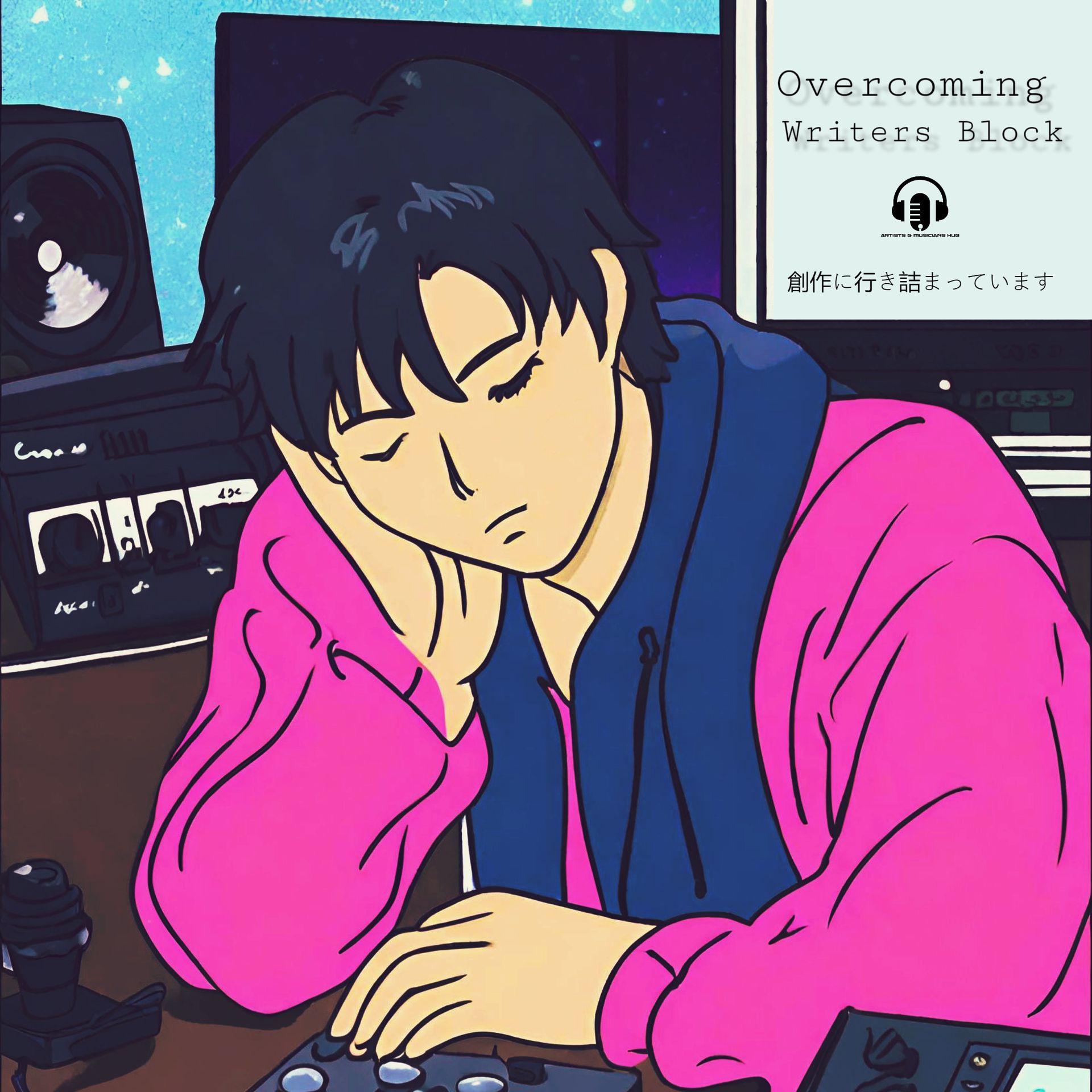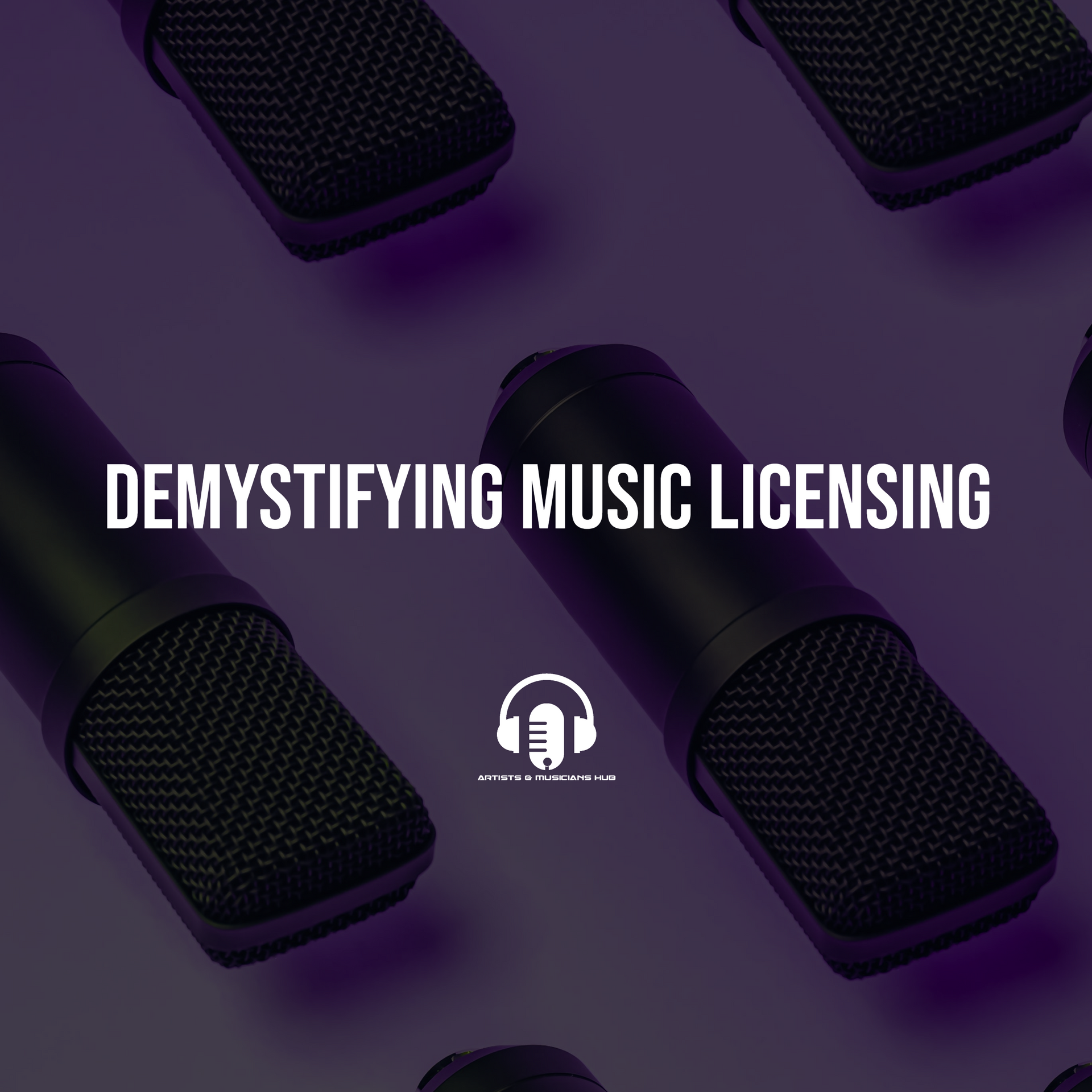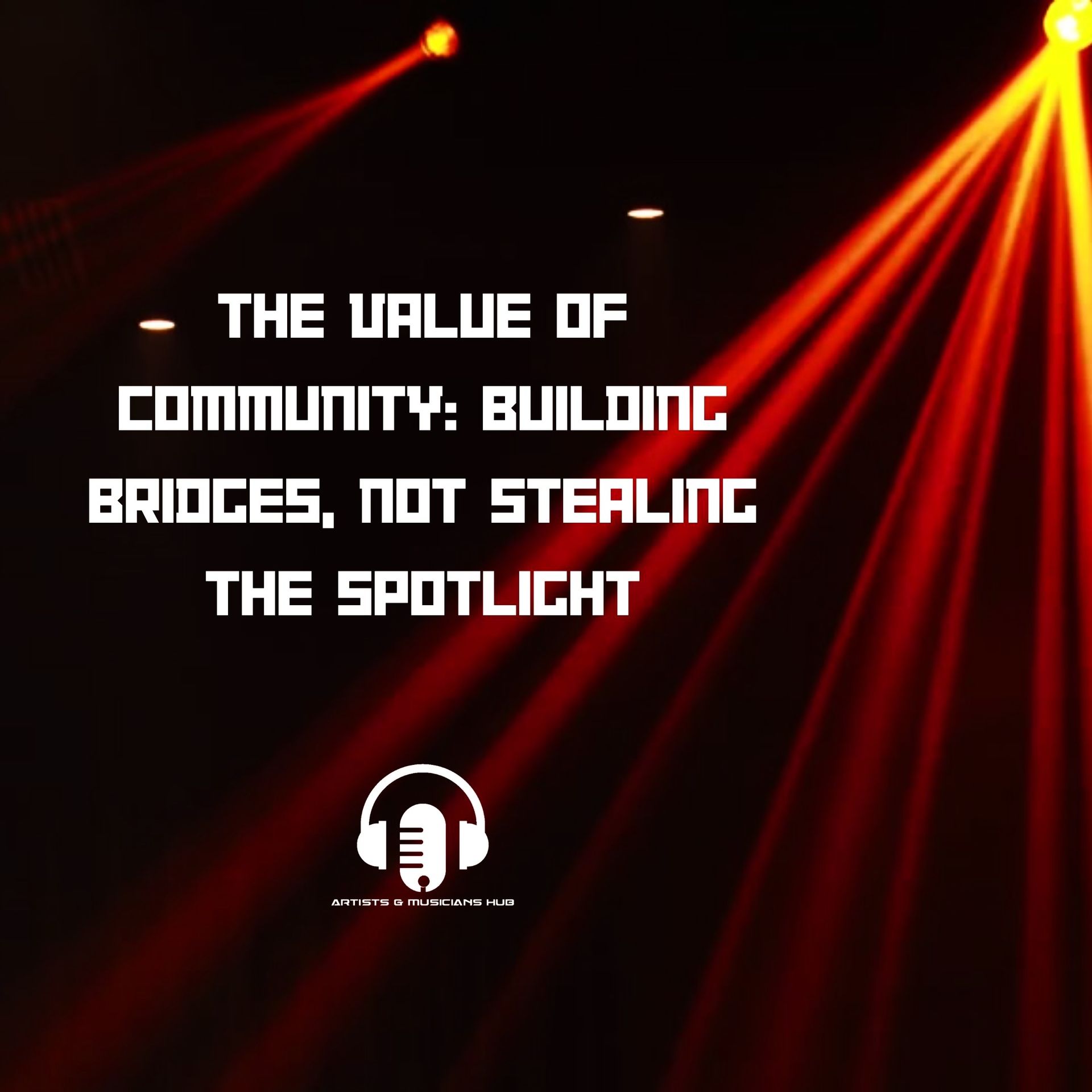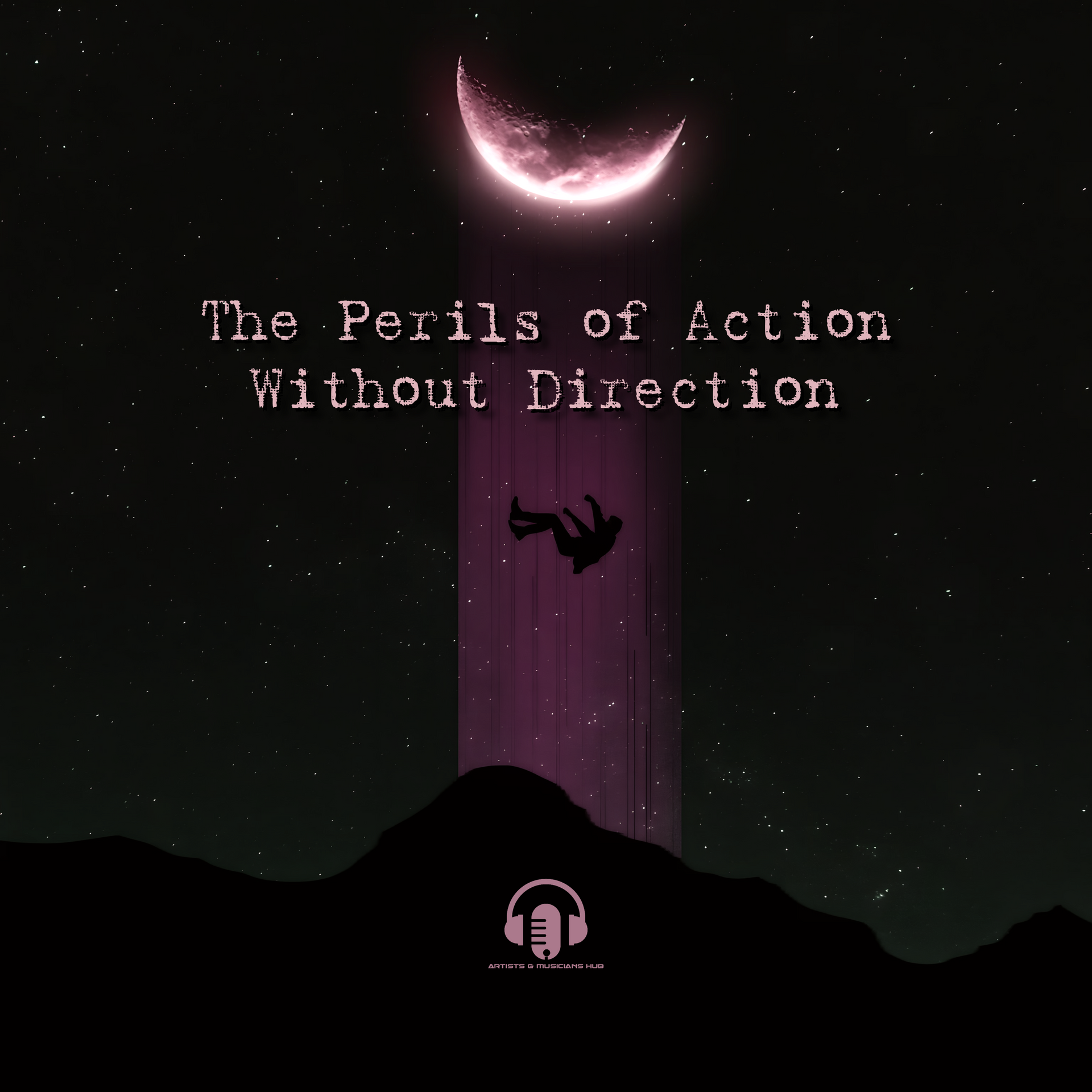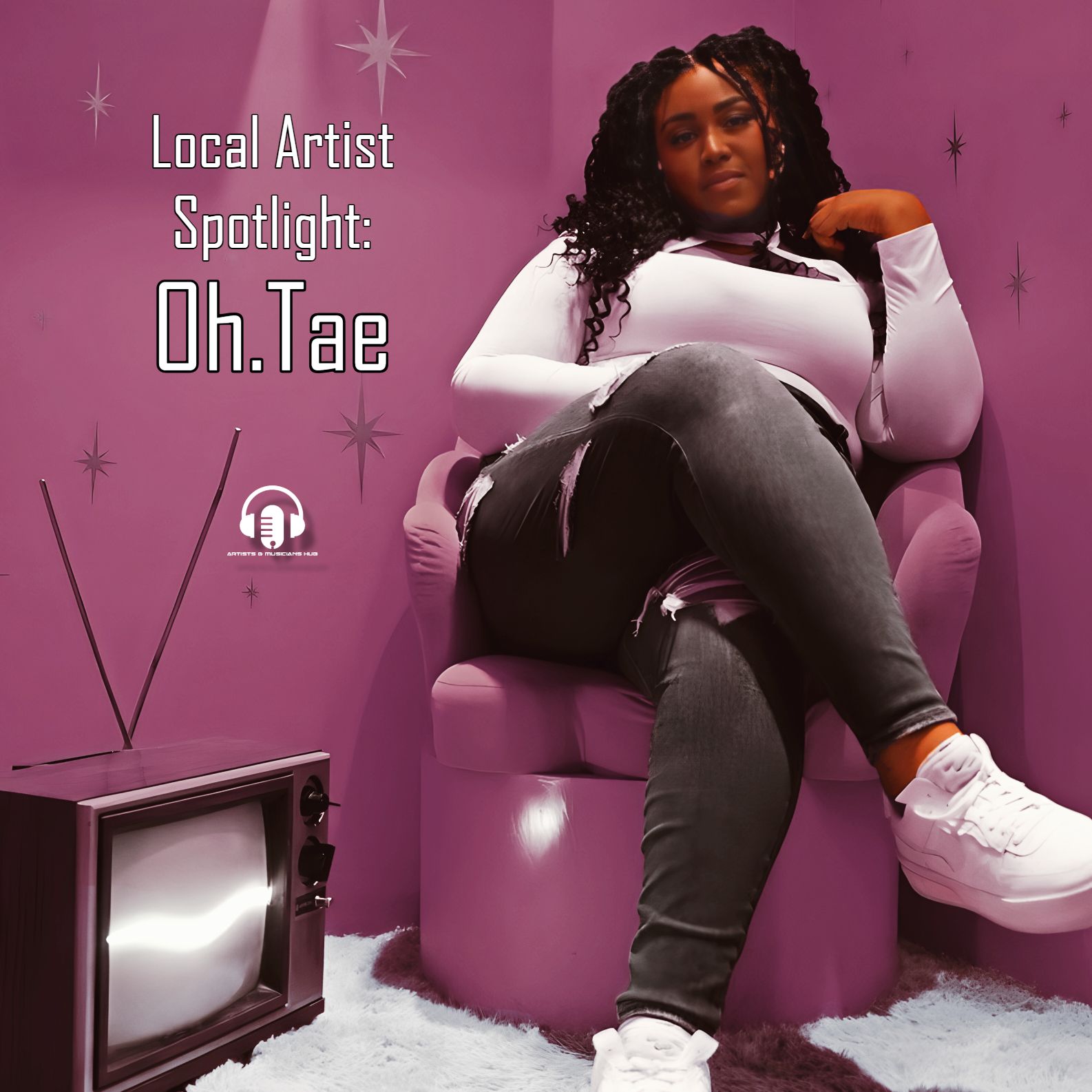Giving Credit Where Credit is Due: The Art of Acknowledging Music Industry Creatives
There is an entire universe of ability and ingenuity behind every note in the enormous realm of music creation; this applies to everything from the catchy tunes that you can't get out of your head all day to the intricate soundscapes that provoke profound feelings. Musicians and music producers put their whole selves into their job, carefully producing the songs that will one day serve as the background score to our lives. Nevertheless, there is a facet of this business that needs to be brought to our attention more frequently, and that is the practice of giving credit where credit is due.
In this article, we will discuss the necessity of thanking music producers, not just as a matter of etiquette but also as a vital feature of fostering a lively music community, supporting creativity, and ensuring that creators are fairly compensated. This topic will be covered since acknowledging music composers is an essential component of all three of these goals. This is an issue that affects each and every one of us, regardless of whether we are aspiring artists, seasoned musicians, or dedicated music producers.

The Magnificence of Working Together
The music business thrives on people working together to create new music. It's the place where all the magic happens. When musicians and music producers collaborate, each brings a special set of skills to the table, which can lead to the creation of music that is superior to the sum of its individual components. However, acknowledgement is essential to the success of collaborative efforts.
Imagine a scenario in which a skilled music producer collaborates with an equally gifted lyricist in order to write a song. The music is excellently produced, and the lyrics have a powerful effect on the listener. The song is becoming more well-known, yet nobody discusses it with anyone other than the artist. Both the songwriter and the producer stay in the background, keeping their efforts a secret from the rest of the world. This is not only a lost opportunity; it also does a disservice to their creative potential.
Not only does it verify everyone's contributions to the creative process when we give credit to everyone who was part in it, but it also encourages further collaboration in the future. The musicians and producers involved feel appreciated, which in turn motivates them to continue collaborating, which results in the creation of even more wonderful music.
Fair Compensation for Creators
In addition to the value it adds when being recognized, providing credit is inextricably related to being fairly compensated. In this day and age of digital technology, people listen to music on a variety of different platforms, ranging from streaming services to social media. When creators are given the credit they deserve, they are more likely to obtain the royalties and earnings that are rightfully theirs.
Take, for example, the wide realm of music production using samples. When making new music, producers frequently use parts of already existing songs as building blocks for their original creations. Those who initially composed these samples run the risk of not receiving the royalties to which they are entitled if they are not given proper credit.
In addition, credits might provide musicians and producers who are working on commercial productions with access to previously unavailable opportunities. It is not unusual for industry professionals to take note of skilled individuals by the work that they have been credited with doing, which can lead to proposals for collaborations, production work, or even sync licensing arrangements.
Promoting the Growth of a Thriving Music Community
The music community is one that sticks together and helps one other out. It feeds on the recognition and respect that is shared among its members. We contribute to the overall health and vitality of this community when we offer credit where credit is due.
Imagine a world in which all creators are given the credit and acknowledgment they rightfully earn. It is a world in which artists are able to work together uninhibitedly, secure in the knowledge that their contributions will be valued. It is a world in which up-and-coming artists are brought to public attention after being credited for a song that went viral. Creativity thrives in settings like this, and as a result, musical styles are constantly being developed.
The Role of Technology
Because we live in a digital age, it is now simpler than ever to give credit where credit is due. Streaming platforms, music distribution systems, and social networking sites all offer tools that can be used to acknowledge creators in the appropriate manner. For instance, Spotify enables musicians to add credits for songwriters and producers to their recordings, ensuring that everyone involved receives the respect they deserve for their contributions.
Additionally, social media platforms have evolved into areas where musicians and producers may call attention to the collaborations they've been a part of and honor the contributions of other artists. These platforms have the ability to elevate the voices of up-and-coming musicians and draw attention to the producers who influence the sound of those artists.
The Vitality of Learning
Beginning at an early stage in their careers, prospective musicians and producers should be instructed on the significance of properly giving credit for their work. Lessons on the significance of acknowledgement in creative processes are a topic that might be covered in music education programs. We can ensure that the custom of giving credit to music's composers will become established in the culture of making music if we implant this philosophy in the next generation of musicians.
Recognizing Those Who Have Gone Unnoticed
Behind the scenes, creatives put in countless hours of labor to create the aural landscapes of songs and albums. These individuals include sound engineers, mixers, mastering engineers, and countless others. Despite this, their names are frequently obscured in the album credits.
Recognizing these unsung heroes is just as important as recognizing the musicians and producers who made the music in the first place. They are the ones who breathe life into the music and make sure that audiences all over the world hear it at its absolute finest.
The Ripple Effect.
In conclusion, giving credit to those who deserve it is more than just a simple act of appreciation; it is a discipline that has a practice that has an effect that ripples across the whole music industry. It supports a lively music community, empowers creators to continue their creative adventures, stimulates collaboration, and ensures fair compensation, among other benefits. Additionally, it provides transparency.
As a supplement to the formal credits, artists and producers should think about using split sheets to document their efforts and divide credit percentages. Split sheets can be found online. Split sheets are an absolutely necessary tool for ensuring that royalties are divided fairly among collaborators and avoiding disagreements further down the road.
Let's make it a standard practice in our work as musicians and music producers to give credit to everyone who contributed to the creative process, and let's formally document our agreements. Your contribution to the world of music, in whatever capacity you may have participated—as a songwriter, a producer, an engineer, or in any other capacity—is valuable, and it merits acknowledgement. Together, we can build a music industry in which the efforts of every creator are recognized and rewarded, and in which creative expression is not constrained by any boundaries.
